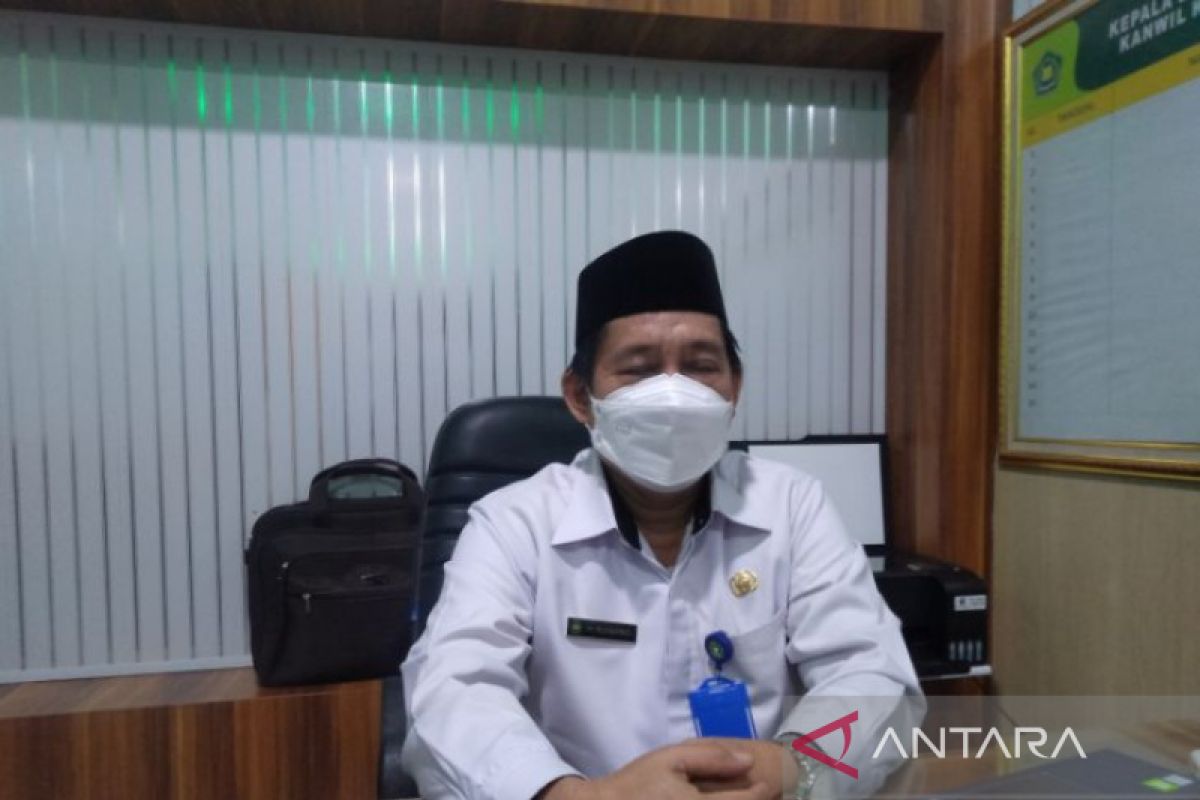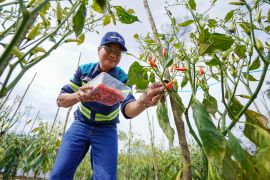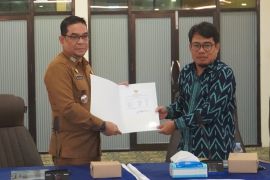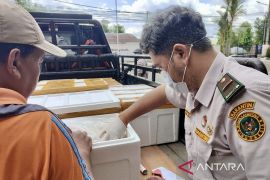Banjarmasin, S Kalimantan (ANTARA) - Approximately 3,000 pilgrims in South Kalimantan have been dispatched for Umrah so far, since the Saudi Arabia government admitted overseas Umrah by the end of December 2021.
Head of Hajj and Umrah Organizer at the South Kalimantan Office of the Religious Affairs Ministry Drs H Rusbandi here on Friday said that the data is in accordance with the South Kalimantan Office's Umrah Organizer's (PPIU) recapitulation of the Umrah departure report.
"The exact number is 2,817 pilgrims," he said.
This number is expected to increase ahead of Ramadan 1443 Hijrah, he said, because many people in South Kalimantan want to go to have fasting in the Holy Land.
In addition, he said, the policy of removing PCR tests and quarantine for Umrah pilgrims also triggers. "But pilgrims still have to carry out a complete vaccination," he reminded.
Rusbandi said, many people went for Umrah because their departure was delayed due to the COVID-19 pandemic for two years. "Even this is only about 10 percent from the delayed Umrah pilgrims," he said.
Meanwhile, hajj and umrah travel entrepreneur H Ismail Ibrahim admitted that there had been some relaxation of Umrah departures, such as the lifting of PCR test and quarantine.
Because this policy has just been enacted, said Ismail, preparations for sending pilgrims are very narrow for this Ramadan.
"Before the COVID-19 pandemic, we usually had a program to dispatch 1 bus or 40 people for the initial Ramadan and 1 bus or 40 people for the end of Ramadan or Lailatul Qadar," said the entrepreneur from PT Saidi Putra Wisata Banjarmasin.
"But this Ramadan we don't send out, but after Eid Al-Fitr there will be," he said.
He hopes that the pandemic will end soon, so everything will return to normal. "It's a pity that many travel entrepreneurs have gone out of business and closed completely," he said.
Read also: South Kalimantan's tropical rain forest park to be a model for IKN's forest city
Read also: Governor encourages palm oil companies to gain ISPO
Read also: South Kalimantan produces rice four times a year










